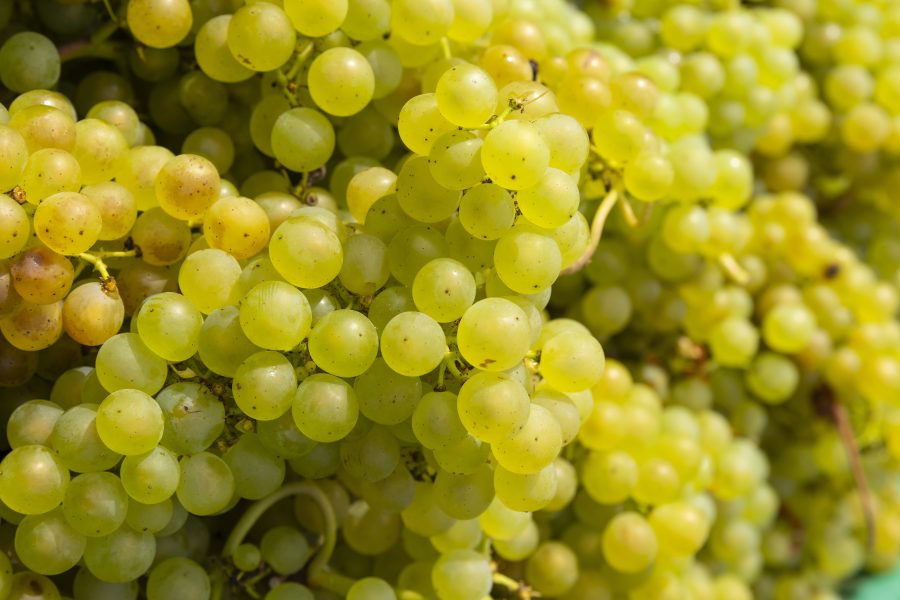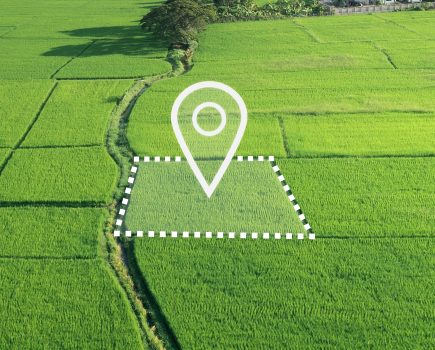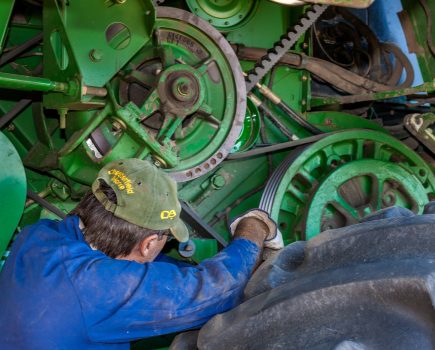With grapes an increasingly important crop in the South East, James O’Connell, Commercial Partner with Mayo Wynne Baxter, looks at the main sale options available to growers.
Unless you are selling your grapes for eating (which may or may not be an option, depending on the variety planted) then you will typically choose between:
Outright sale: the purchaser will use your grapes to increase the amount of wine produced under its own brand. Often, but not always, the purchaser is a winery. Either way, for consistency of taste you will most likely sell locally.
Outright sales can be done either on an ad hoc basis or a multi-year contract basis. The latter is increasingly common as the continued popularity of English wine gives producers confidence that there will be a demand for their wine in years to come.
Another reason for the popularity of multi-year deals (apart from the benefits of certainty enjoyed by both farmer and producer) is that a level of trust and commitment is hopefully achieved which will allow closer collaboration. For example, some producers will work with contracted farmers to review their choice of grape varieties as well as their growing techniques, with a view to improving both crop quality and quantity.
Hiring a winery to make wine for you under your own label: you are not selling your grapes, but are giving your grapes to the winery and hiring the winery to turn them into bottled wine to be sold under your own label.
A hybrid of the above two deals: most of your grapes are turned into your own label wine, but a portion is sold to the winery to offset the cost of own label wine production.
Regardless of which of the three options is embraced, you will need to reach an agreed minimum tonnage and your crop will need to pass various quality tests.
Demand for English wine is at an all-time high, and growing. This may soon cause some wineries to have to choose between prioritising their wine-making capacity for their own brand or making wine for farmers.
Shelf prices being what they are, the former is likely to be much more profitable for the winery than the latter. So, unless there is a marked growth in the amount of winemaking capacity in the near future, own-label farmers may be squeezed out. If so, those with multi-year deals are likely to be the most protected.
From my own experience, I would recommend that if you were looking to produce your own wine:
- Pay attention to the contract with the winery. Does it promise your expected outcome, or merely that the process will be followed faithfully?
- From the planting of trellises to putting wine on the shelf for sale will usually take at least half a decade. If you think you may need to part-finance that journey by selling some of your wine, or taking out a loan using your still maturing wine as security, then it is essential that you agree this with the winery ahead of time.
- Think about how you are going to store the wine once made, Wineries typically have limited storage capacity for finished product.







